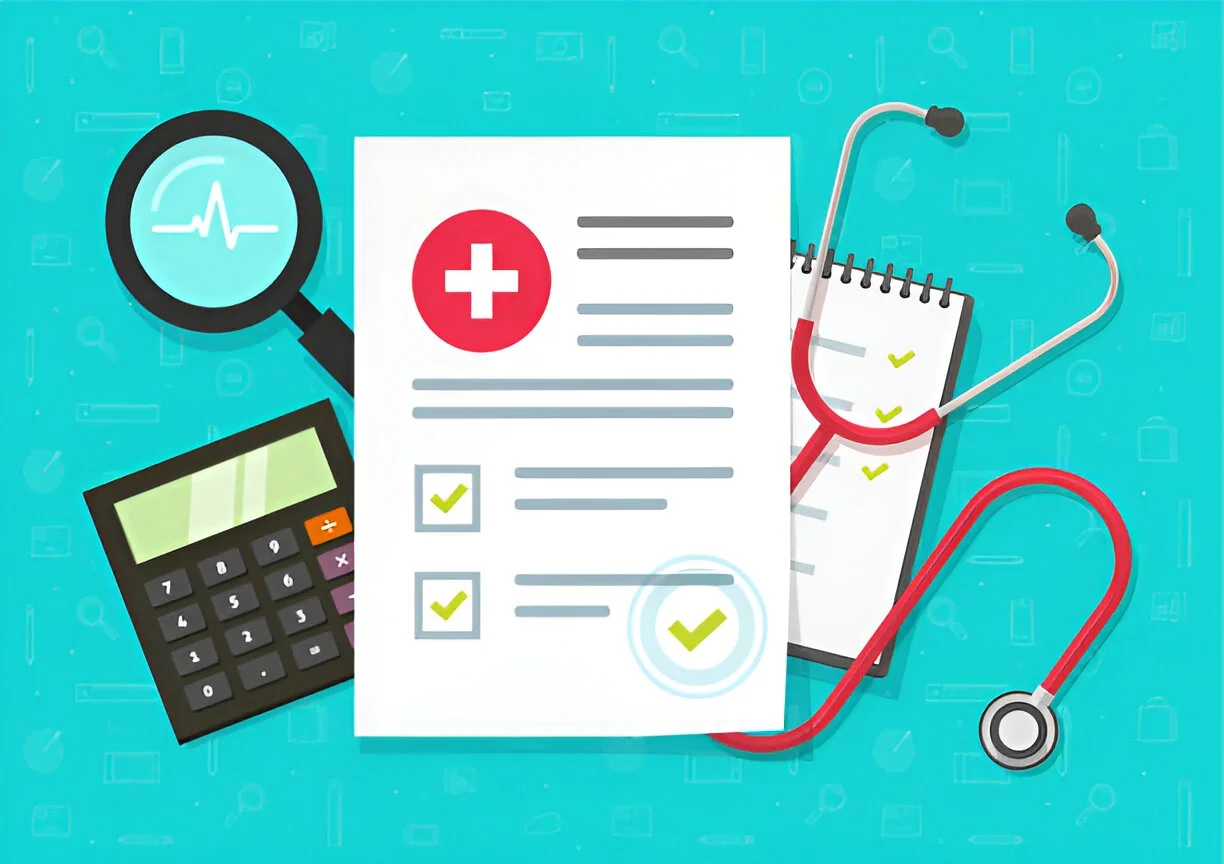Allergy and podiatry practices play a critical role in improving patients’ quality of life through focused, long-term care. However, the complexity of billing in these specialized fields can often disrupt practice operations and financial performance. From frequent denials to ever-changing coding rules, practices must navigate a maze of payer-specific policies to get reimbursed correctly.
Understanding the Complexity of Allergy and Podiatry Billing
Both specialties deal with recurring visits, procedural services, and nuanced coding structures that make billing more intricate than in general medicine.
Allergy Billing Challenges:
-
Frequent use of multiple CPT codes for skin testing, immunotherapy, and drug challenges
-
Proper billing for multi-dose vials and extracts
-
Strict documentation and medical necessity requirements
-
Differentiating between professional and technical components of services
-
Tracking time-based services for desensitization and observation
Podiatry Billing Challenges:
-
Complex foot care coding guidelines
-
Strict Medicare Local Coverage Determinations (LCDs) for routine foot care
-
Proper use of modifiers (like Q7, Q8, Q9) based on risk assessment
-
Documentation of diagnosis-to-procedure medical necessity
-
Regular denials due to misclassified diabetic foot care
These complexities call for deep specialty knowledge and constant vigilance—something generic billing services often cannot deliver.
The Role of Specialized Billing Services
1. Accurate Coding for Allergy and Podiatry Procedures
Experienced podiatry and allergy medical billing services use certified coders who specialize in:
-
Allergy testing codes like 95004–95078 for skin prick/intradermal tests
-
Allergen immunotherapy codes (95115–95199)
-
Podiatry procedure codes (11721, 11055–11057, 28285, etc.)
-
Use of ICD-10 codes that clearly support the procedures rendered
These services ensure coding is not only accurate but strategically optimized to avoid bundling errors and maximize reimbursement.
2. Claim Scrubbing and Real-Time Denial Prevention
Automated systems and trained billing experts:
-
Flag incomplete or invalid documentation before submission
-
Verify payer-specific LCD/NCD requirements
-
Apply appropriate modifiers (e.g., 25, 59, or anatomical modifiers)
-
Perform payer eligibility checks in real-time
This significantly reduces denial rates for high-volume services such as allergy testing and routine podiatric procedures.
3. Customized Revenue Cycle Management (RCM)
Allergy and podiatry billing services go beyond claims processing. They provide end-to-end revenue support that includes:
-
Pre-authorization assistance for injectables and procedures
-
Charge entry and reconciliation tailored for recurring patients
-
Payment posting and variance analysis
-
Denial management and appeals filing
-
Accounts Receivable (AR) follow-up and patient collections
By keeping your billing cycle lean and accurate, these services help maintain cash flow without interrupting patient care.
4. Credentialing and Payer Enrollment Support
Insurance credentialing is essential for podiatrists and allergists seeking network participation with Medicare, Medicaid, and commercial payers.
Specialized billing services assist with:
-
Initial payer credentialing
-
CAQH updates
-
Re-credentialing and re-validation
-
Ensuring NPIs and taxonomy codes match the scope of services
This minimizes delays in reimbursement and enhances payer trust in your practice.
5. Compliance and Audit Preparedness
Both podiatry and allergy practices face strict audit scrutiny, especially from Medicare and commercial insurers. A specialized allergy and podiatry medical billing services helps by:
-
Keeping documentation aligned with audit-proof standards
-
Conducting periodic compliance reviews
-
Tracking CMS updates relevant to both specialties
-
Ensuring time-based procedures (like allergy shots) follow compliance protocols
Advantages of Specialty-Focused Billing Services
| Feature | Generic Billing Services | Specialty Allergy Podiatry Billing Services |
|---|---|---|
| Understanding of specialty codes | Basic | Deep and up-to-date |
| Denial resolution expertise | Moderate | High-level, focused on recurring rejections |
| Pre-authorization support | Often missing | Integrated and specialty-specific |
| Modifier and LCD expertise | Limited | Advanced and compliant |
| Documentation improvement | Generic | Customized to services and payer rules |
Commonly Used CPT Codes in Allergy and Podiatry
Allergy Billing CPT Codes:
-
95004 – Percutaneous tests (scratch, prick)
-
95024 – Intradermal tests
-
95115 – Single injection immunotherapy
-
95165 – Preparation of antigen
-
96372 – Therapeutic injection (commonly used in allergy shots)
Podiatry Billing CPT Codes:
-
11721 – Debridement of nails
-
11055–11057 – Treatment of hyperkeratotic lesions
-
28285 – Hammertoe correction
-
G0127 – Trimming of dystrophic nails
-
Q7/Q8/Q9 – Risk classification modifiers (Medicare)
Impact on Patient Care
When billing is efficient and claims are processed on time, practices can:
-
Spend more time with patients
-
Offer more treatment options
-
Improve scheduling of recurring care
-
Reduce staff burnout from claim follow-ups
-
Ensure compliance to avoid audit-related revenue loss
Conclusion
Allergy and podiatry practices deserve billing support that reflects the intricacy of their care delivery. Specialized billing services provide the coding precision, compliance strength, and end-to-end revenue support these providers need to thrive.
Whether it’s managing complex allergy testing and immunotherapy schedules or routine foot care compliance under Medicare, outsourcing to a knowledgeable partner ensures your revenue remains healthy—just like your patients.







